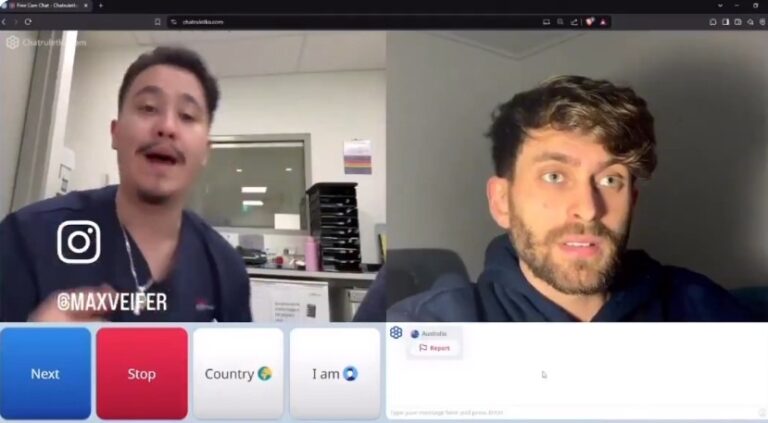 Government anti-poverty programs that have grown to meet the needs of recession victims now serve a record one in six Americans and are continuing to expand.
Government anti-poverty programs that have grown to meet the needs of recession victims now serve a record one in six Americans and are continuing to expand.
More than 50 million Americans are on Medicaid, the federal-state program aimed principally at the poor, a survey of state data by USA TODAY shows. That’s up at least 17% since the recession began in December 2007.
“Virtually every Medicaid director in the country would say that their current enrollment is the highest on record,” says Vernon Smith of Health Management Associates, which surveys states for Kaiser Family Foundation.
The program has grown even before the new health care law adds about 16 million people, beginning in 2014. That has strained doctors. “Private physicians are already indicating that they’re at their limit,” says Dan Hawkins of the National Association of Community Health Centers.
More than 40 million people get food stamps, an increase of nearly 50% during the economic downturn, according to government data through May. The program has grown steadily for three years.
Caseloads have risen as more people become eligible. The economic stimulus law signed by President Obama last year also boosted benefits.
“This program has proven to be incredibly responsive and effective,” says Ellin Vollinger of the Food Research and Action Center.
Close to 10 million receive unemployment insurance, nearly four times the number from 2007. Benefits have been extended by Congress eight times beyond the basic 26-week program, enabling the long-term unemployed to get up to 99 weeks of benefits. Caseloads peaked at nearly 12 million in January — “the highest numbers on record,” says Christine Riordan of the National Employment Law Project, which advocates for low-wage workers.
More than 4.4 million people are on welfare, an 18% increase during the recession. The program has grown slower than others, causing Brookings Institution expert Ron Haskins to question its effectiveness in the recession.
As caseloads for all the programs have soared, so have costs. The federal price tag for Medicaid has jumped 36% in two years, to $273 billion. Jobless benefits have soared from $43 billion to $160 billion. The food stamps program has risen 80%, to $70 billion. Welfare is up 24%, to $22 billion. Taken together, they cost more than Medicare.
(Read More: USA Today)











5 Responses
They apparently left off “Section 8” and WIC. They probably should include Social Security and Medicare as well. Not to mention subsidized Stafford Loans and Pell grants (and public universities whose costs are subsidized directly by taxpayers, and private colleges whose costs are subsidized indirectly through the tax deductions for charitable contributions and exemption from taxation that the schools benefit from). How about use of subsidized mass transit systems (without which fares would typically double).
So lets se who raises their hand to give up their own “welfare” so we can cut taxes and balance the budget.
#1. subsidized Stafford Loans and Pell grants are an investment for the government so people can get educated and eventually get jobs. However, all the other GARBAGE is just a way that the government encourages people to stay home and not work!!! And even more, when the government runs out of money, the first thing they do is cut jobs. When a job is cut i.e. a salary of $50,000, the government loses about $20,000 worth of taxes + that person gets about $25,000 worth of programs from uncle sam. So in the end uncle sam doesn’t save any thing. Ignorant Government!! Open your eye and smell the roses!!!!!!!!!!!!!!!!!!!!!!!!!!!!!!!!!!!!!!!!!!!!!!!!!!!!!!!!!!!!!!!!!!
Akuperma, you are leaving out public schools, sanitation service, police,etc….we all benefit to some extent from government. that’s why we pay taxes. Social security and
medicare are not “hand outs.” We pay for this throughout our working careers.
I wonder what the percentages are in Lakewood?
Of course they are not hand-outs, Nebech on how many out there who are struggling and suffering today. It’s so tragic. I hope none of you “Kochi V’etzem Yudi” bashers ever need to rely on help. I’ll tell you one thing though, you are always welcome at my home. I will share the little that G-d was so gracious to give me. #1 and #2, et al – In less than 2 weeks your fate is decided (I assume you think otherwise). Good luck!